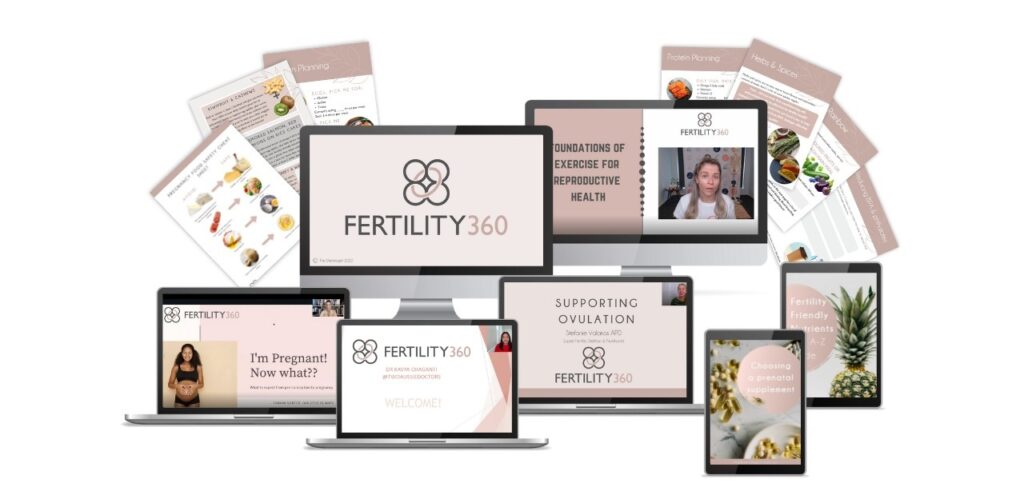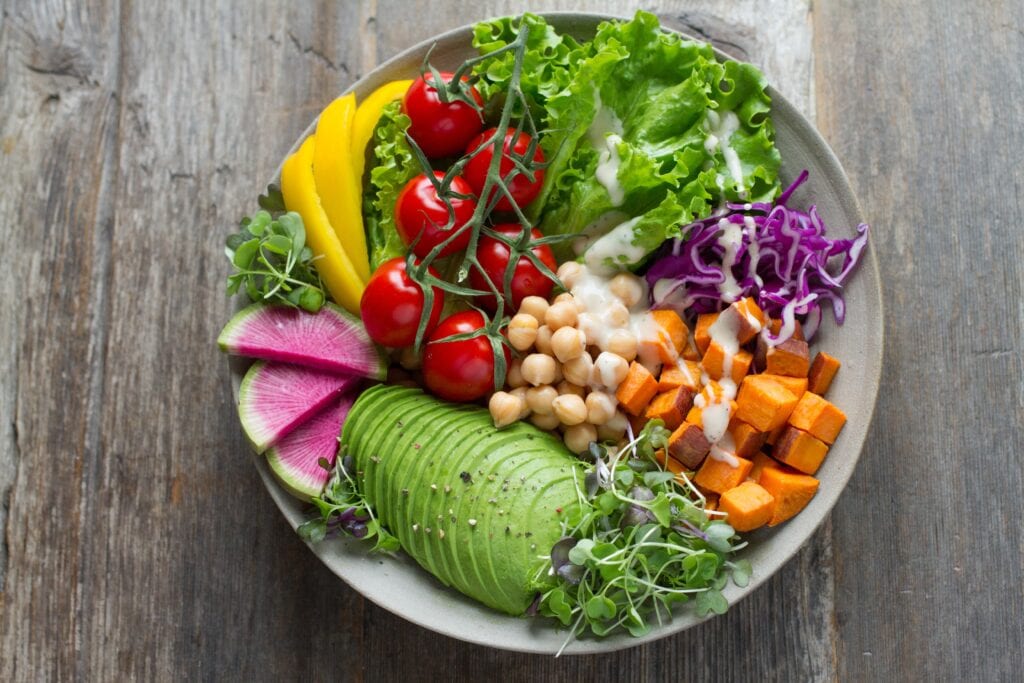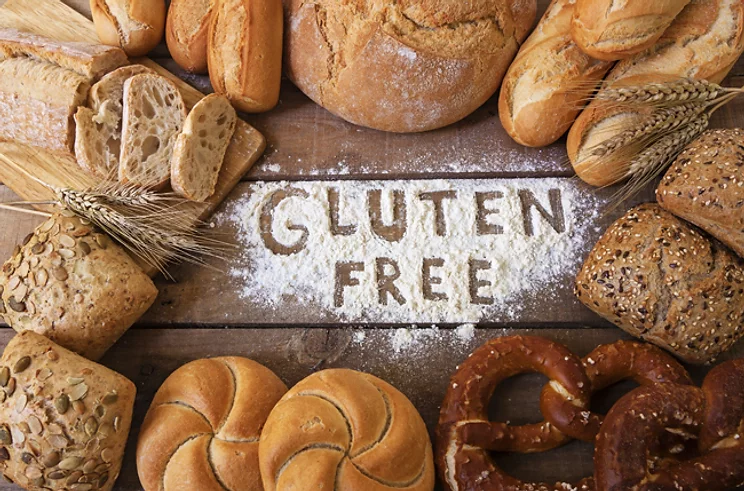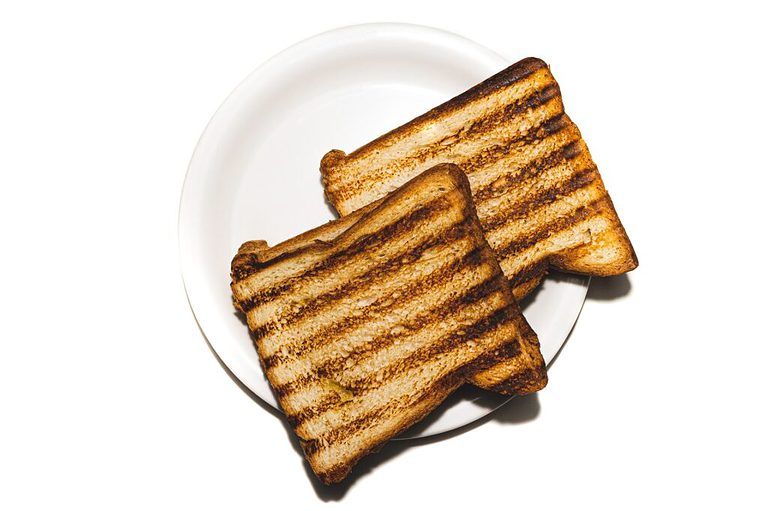As the new year starts, it is a time where many people begin to think about starting their family and want to optimise their fertility. Maybe it has been a long time coming, after struggling with infertility, or you want to give your child a sibling, or you are feeling like it is time to add a child to your life and your family.
Here at The Dietologist we receive a lot of new enquiries and questions about pregnancy and fertility at this time of the year, and we love to see people being so proactive in preparing for conception. To help you make a start on your fertility journey, we have put together our top 10 strategies on how to optimise your fertility this new year.
1. Preconception Bloodwork
This is a great place to start and is something you can do in advance, prior to trying for children. This is a perfect way to make sure your health is in optimal shape before trying to conceive.
The first step is to visit your local/usual doctor and ask for a preconception blood workup. This might include an STI Check, immunology (checking your vaccines are up to date), nutritional lab work (vitamin D, folate, B12, and iron), thyroid studies and more.
Depending on your medical history this may include more but it is best to listen to your health care provider as they should guide you through which tests are necessary. You may also be offered pre-conception genetic carrier screening to screen for your risk of passing on genetic conditions to your child.
2. Reduce your endocrine disrupting chemical (EDC) exposure
Everyday toxins found in plastic containers, wrappings, thermal receipts, cleaning supplies, cosmetics and more can interact with hormone function in males and females.
Dietary exposures to EDCs are predicted to be one of the biggest contributors. This can influence egg quality, sperm quality and general fertility outcomes. One of the simplest ways to reduce this is to swap out plastic containers or utensils for stainless steel, ceramic, or glass options. Even if products are labelled as BPA or phthalate free, it does not guarantee that they are EDC free.
3. Count the colours on your plate!
Fruits and veggies are jam packed full of antioxidants! Antioxidants are little chemicals that protect our body cells from reactive oxygen species and free radicals. This protection extends to our egg and sperm health, so it is super important to include 3 (or more!) colours on your plate at each main meal.
Challenge yourself to add an extra colour to your plate to really soak up those amazing antioxidants!
Are you planning to start trying to conceive in 3-12 months?
Boost Your Fertility Knowledge with our first-of-its-kind approach!
With Weekly Modules from 4 Key Professionals in fertility and Pre-Conception!
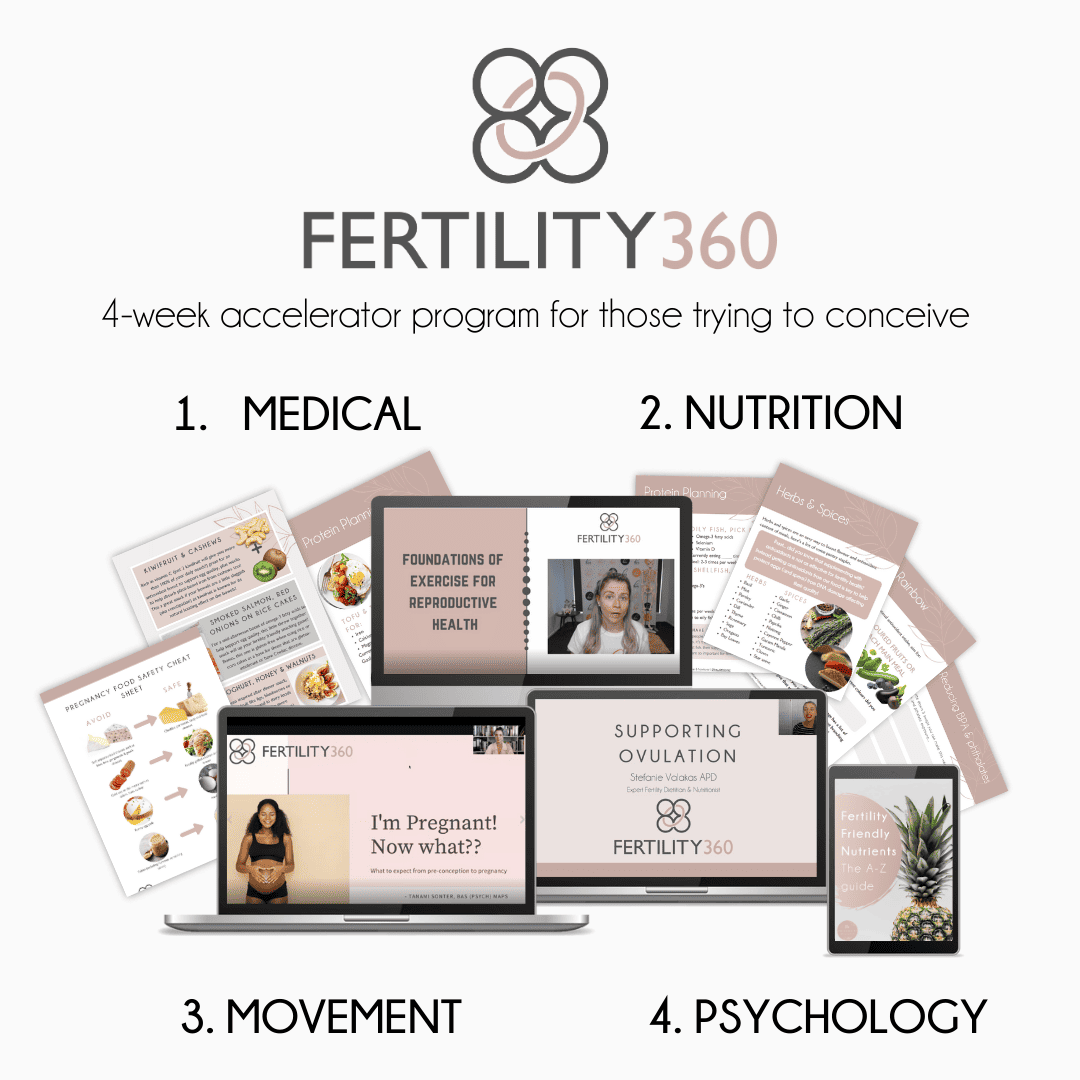
4. Move your body regularly in a way you enjoy
Exercise is so important for stress management, mental health, and physical health. If you have ever experienced struggles with fertility or have gone through fertility treatments, you will be aware of how important it is to check in and to look after every aspect of your health.
It is crucial that you are striking the right balance with your exercise as overexercising can cause hormonal disruption and prevent ovulation.
The right amount of exercise supports healthy blood flow assisting with implantation and supporting egg quality. If you still feel unsure about what the right amount of exercise is for you when trying to conceive, join us in Fertility360, where Courtenay Pollock (Accredited Exericse Physiologist) discusses what you need to know about exercise and fertility and conception, and even takes you through some exercises you can do at home!
5. Keep Track
When you are trying to conceive, it can become very overwhelming very quickly! To navigate this, you should use all the tools you have available! Track your cycles, keep copies of results, pop all your appointments into your phone or calendar and check in with yourself via journaling to track your emotional experiences whilst trying to conceive.
Our mental wellbeing can be overlooked when going through this journey. It can be a time of high anxiety, with lots of questions around nutrition, exercise, correctly timing intercourse, or if treatments will work. Navigating infertility or the preconception period can be tough, especially when we have the rest of our day-to-day stresses to work through on top of this.
In our online program Fertility360, we team up with psychologist Tanami Sonter and she will guide you through how to turn your thinking patterns around with some really practical strategies.
6. Eat fish and seafood 2-3 times a week
All varieties of fish and seafood are amazing for improving egg and sperm quality, due to their zinc, iodine and selenium content. Oily fish such as salmon, trout, sardines and anchovies are great for providing those all-important omega 3 fatty acids which are known for their anti-inflammatory benefits as well as supporting implantation. It is best to avoid high mercury fish species when trying to conceive such as shark (flake) swordfish, marlin, broad bill, catfish, king mackerel, orange roughy, and ling.
7. Go easy on the alcohol
Ideally it is best to abstain from alcohol for both males and females if you are trying to conceive, as alcohol can have a negative effect on sperm and egg health.

This can vary across people in terms of your social calendar, background or values, however keeping it to less than two standard drinks a week is a good goal to aim for.
If you think you might be pregnant (or in the two week wait) you should avoid alcohol altogether.
8. Take a prenatal supplement for a MINIMUM of 3 months prior to conceiving.
This applies to everyone! Even if your diet is perfect (mine isn’t even perfect and I’m a dietitian) and your lab work comes back looking just as good, you still need a prenatal vitamin containing folate and iodine at a BARE minimum, as your requirements increase in early pregnancy. It is best to be over-prepared when it comes to your prenatal nutrition.

There is NO universal prenatal supplement for everyone, so it is best to consult your healthcare provider about what is best for you, or book an express tailored prenatal supplement consult here.
9. Hydrate yourself
Cervical mucus, used for ovulation tracking, determining your fertile window and supporting sperm transit to the egg is composed of water! If you feel like you might not be drinking enough this is your sign to grab that drink bottle (glass or stainless steel ?) and get sipping!
If you have trouble drinking water, set a timer on your phone or download the Drink Water Reminder app! Whilst all liquids count towards your daily fluid intake, you should be choosing water as your main source of fluid.
Want to learn about supporting cervical mucus production? Check out this article.
10. Seek help
If you are feeling stuck, alone, confused or wanting to find out more about your fertility and conception options seek support from your psychologist, doctor and other health professionals. There is no shame in reaching out and asking the questions you need to.
Even if you feel like you could troubleshoot your concerns on your own, you don’t have to take all of it on yourself. By reaching out and outsourcing the RIGHT information from a qualified health professional you can relieve the burden from yourself and reduce the overwhelm. We all want to help you and support you to reach all your goals of having a happy and healthy baby!
Want to learn more about optimising your fertility?
Fertility360 is a revolutionary online program designed to give you access to your own healthcare team of experts across areas of medical, nutrition, movement and psychology. This is designed to give you a 360-degree approach to optimising conception. Join Now!
